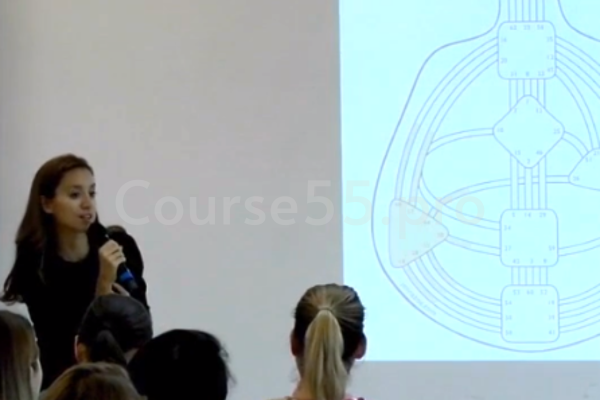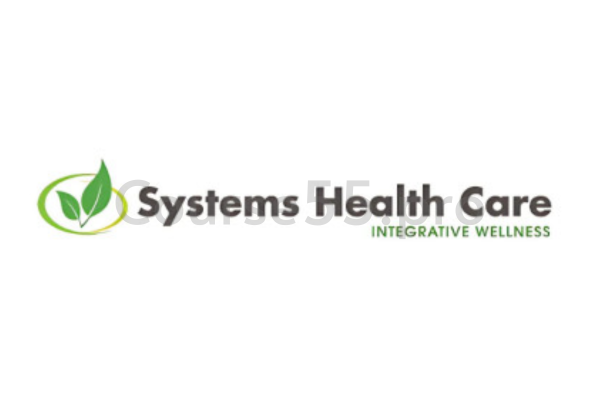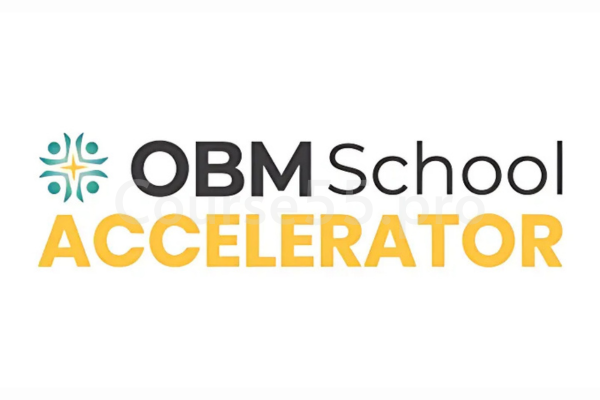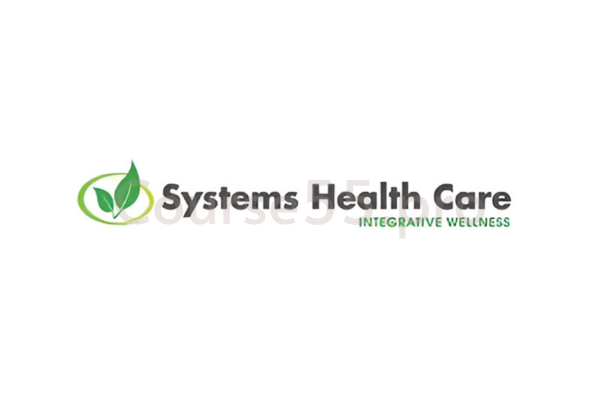Commissioning Academy 2023 – Fundamentals of Commissioning By Paul Turner – Commissioning and Startup
$1,997.00 Original price was: $1,997.00.$171.00Current price is: $171.00.
Download Commissioning Academy 2023 – Fundamentals of Commissioning By Paul Turner – Commissioning and Startup, check content proof here:
Commissioning Academy 2023: Paul Turner’s Foundations of Commissioning: An Extensive Analysis
Commissioning acts as the link between planning and execution in the field of project management, guaranteeing that projects successfully accomplish their stated objectives. One notable source of information for professionals who want to understand the core procedures of commissioning is the Commissioning Academy, which was established by Paul Turner. The curriculum for 2023 has been carefully planned to give students a solid grasp of commissioning principles by fusing academic knowledge with real-world applications. In addition to addressing typical problems like tumultuous changes and unanticipated delays, this life-changing experience equips participants to confidently and competently traverse the complex terrain of project execution.
Paul Turner’s approach goes beyond mere instruction; it immerses participants in a systems-based methodology applicable to every phase of project development, starting from the crucial front-end engineering design (FEED) stage. As professionals embark on this educational expedition, they are armed with essential tools that ensure cost-efficient management of resources while adhering to stringent timelines. The emphasis placed on strong project leadership and mentoring speaks to the Academy’s commitment to shaping well-rounded professionals who can inspire and lead diverse teams towards collective success.
The Mission and Vision of the Commissioning Academy
The Commissioning Academy’s primary goal is to improve professionals’ commissioning skills in a variety of industries. The curriculum for 2023 has been carefully developed with a number of goals in mind:
- Give professionals the skills they need: The training’s goal is to give commissioning leaders and project managers a strong foundation in commissioning procedures, tools, and principles.
- Place a focus on real-world application: The Academy emphasizes experiential learning, which enables learners to apply theoretical knowledge in real-world situations, in contrast to typical educational programs.
- Encourage leadership: The program emphasizes the importance of strong leadership in commissioning and project management, cultivating abilities that allow experts to lead teams through difficulties.
Challenges Addressed
Commissioning processes often encounter numerous obstacles that can hinder project success. The Commissioning Academy acknowledges these challenges and integrates solutions into its curriculum:
- Disorganized transitions: One of the primary issues in commissioning is the chaotic shift from construction to commissioning. The Academy trains participants to create structured plans that ensure seamless transitions.
- Delayed timelines: Unexpected issues can cause significant delays in project completion. The training equips professionals with strategies for proactive problem-solving and contingency planning to mitigate such risks.
- Resource management: Efficiently managing resources is critical for project success. Participants learn to implement effective systems and controls that contribute to improved cost efficiency and adherence to project schedules.
Training Modules and Learning Methodology
An overview of the training modules
Each module in the Commissioning Academy’s curriculum focuses on a different facet of commissioning. Here is an overview of what students might anticipate:
- Overview of Commissioning: The fundamentals of commissioning procedures, jargon, and project management significance.
- Planning and Execution: Comprehensive investigation of successful commissioning strategies, encompassing schedules, resource distribution, and stakeholder involvement.
- Commissioning in Practice: Case studies and real-world situations that develop analytical and decision-making abilities.
- Leadership in Commissioning: Methods for inspiring and encouraging groups, as well as tactics for overcoming opposition and encouraging cooperation.
Active Learning Approach
A distinctive feature of the Commissioning Academy is its emphasis on active learning. Participants engage in interactive sessions, workshops, and discussions, which promote a deeper understanding of the concepts covered. This approach allows learners to:
- Apply knowledge in real-time: By simulating commissioning challenges, participants can experiment with solutions in a safe environment.
- Collaborate with peers: Group activities and projects facilitate networking and knowledge exchange among professionals from diverse backgrounds.
- Receive mentorship: With Paul Turner’s guidance, learners benefit from personalized feedback and insights, enhancing their overall learning experience.
Resources and Tools
Participants have access to a variety of tools and resources that support their learning during the program:
- Interactive manuals and guides: Detailed resources that describe commissioning best practices and procedures.
- Library of online resources: a carefully chosen selection of research papers, case studies, and articles that participants can consult after training.
- Opportunities for networking: relationships with professionals and leaders in the field, creating opportunities for cooperation and career progression.
Real-World Applications and Case Studies
Importance of Real-World Knowledge
One of the standout features of the Commissioning Academy is its commitment to bridging theory and practice. Throughout the training, learners encounter numerous case studies that illustrate the real-world implications of commissioning practices. Understanding these applications enhances the relevance of the curriculum and equips participants with applicable skills.
Case Studies
- Project A: Industrial Construction: Participants examine the difficulties encountered throughout the commissioning process of a sizable industrial facility in this scenario. They look at things like timetable management, stakeholder communication, and commissioning plan implementation.
- Project B: Healthcare Facility: The particular commissioning requirements of a healthcare context are highlighted in this case study. Ensuring regulatory compliance, preserving patient safety, and collaborating with various stakeholders—including architects and medical professionals—are the major priorities.
- Project C: Renewable Energy Project: Students examine the commissioning procedures related to a renewable energy project in this example. Participants consider the value of incorporating cutting-edge technologies into project management as well as sustainable practices.
Evaluating Success through Mentorship and Leadership
The Role of Mentorship in Training
Mentorship is an integral aspect of the Commissioning Academy. Paul Turner’s insights foster an environment where learners can delve deeper into the nuances of commissioning management. The benefits of mentorship include:
- Personalized guidance: Participants receive tailored advice on their unique challenges, accelerating their professional development.
- Encouragement of diverse perspectives: Mentor-mentee interactions facilitate discussions about varied approaches to problem-solving, enriching the learning experience.
- Building confidence: Engaging with an experienced mentor helps participants develop self-assurance in their abilities to lead and execute successful projects.
Development of Leadership Skills
Throughout its modules, the Academy’s curriculum deftly incorporates leadership themes. Professional commissions require competent leaders who can manage challenging situations and promote team unity. Participants concentrate on essential leadership traits, such as:
- Good communication: Project execution runs more smoothly when you know how to explain objectives and expectations to varied teams.
- Emotional intelligence: Identifying and controlling one’s own and other people’s feelings improves communication and decision-making.
- Adaptability: Since projects frequently take unexpected turns, effective leaders are adaptable and ready to change course when needed.
Operational Efficiency and Cost Management
Enhancing Project Cost Efficiency
In the fast-paced world of project management, cost efficiency is a paramount concern. The Commissioning Academy emphasizes the implementation of robust systems and controls that foster cost-effective project management. Participants are trained to:
- Develop budget forecasts: By accurately estimating resources needed, professionals can better allocate funds and reduce financial risks.
- Monitor expenditures: Ongoing tracking of project expenses is vital for maintaining financial control and making informed decisions.
- Implement efficient processes: Streamlining procedures not only saves time but also minimizes waste and enhances overall productivity.
Respecting Timelines
A key element of a good project’s execution is timeliness. Significant financial consequences and stakeholder unhappiness may result from delays. The Academy gives trainees time-adherence techniques by:
- Establishing reasonable deadlines: Team members are more committed when they learn to make attainable schedules that take potential obstacles into consideration.
- Making use of project management resources: Introducing students to a range of software programs facilitates progress tracking and project management.
- Promoting proactive communication: Having candid conversations amongst interested parties guarantees that everyone is informed of any delays before they become more serious.
The Impact of Commissioning Academy Training on Career Progression
Professional Growth Opportunities
After completing the training offered by the Commissioning Academy, there are numerous prospects for project management career progression. Graduates frequently discover that their improved abilities provide access to:
- Promotions: As a result of businesses realizing the need of skilled commissioning managers, there are more prospects for growth and responsibility.
- Increased professional networks: The relationships made during the program frequently result in joint ventures and future employment prospects.
- Diverse career routes: Professionals can choose from a variety of career paths since the skills they acquire can be applied to different industries.
Testimonials and Success Stories
Numerous individuals who have undergone the program report significant personal and professional transformation. Many testimonials highlight experiences such as:
- Enhanced decision-making confidence: Participants frequently report gains in their capacity to assess and successfully implement intricate commissioning methods.
- Improved teamwork: Graduates report better connections with stakeholders and coworkers, which leads to more seamless project transitions.
- Job satisfaction: Thanks to the knowledge and abilities they gained throughout their Academy training, many people discover a fresh enthusiasm for their positions.
In conclusion
For professionals looking to hone their commissions abilities and secure long-term career success, Paul Turner’s commissions Academy 2023 is an impressive investment. It equips participants to take on the challenges of project management head-on with its extensive curriculum, hands-on training modules, and focus on leadership development. The knowledge acquired from this curriculum will surely be important as commissioning continues to change in the fast-paced world of today, turning aspirational individuals into respected industry leaders. A rewarding career path and exceptional project results could result from seizing this chance.

Frequently Asked Questions:
Business Model Innovation:
Embrace the concept of a legitimate business! Our strategy revolves around organizing group buys where participants collectively share the costs. The pooled funds are used to purchase popular courses, which we then offer to individuals with limited financial resources. While the authors of these courses might have concerns, our clients appreciate the affordability and accessibility we provide.
The Legal Landscape:
The legality of our activities is a gray area. Although we don’t have explicit permission from the course authors to resell the material, there’s a technical nuance involved. The course authors did not outline specific restrictions on resale when the courses were purchased. This legal nuance presents both an opportunity for us and a benefit for those seeking affordable access.
Quality Assurance: Addressing the Core Issue
When it comes to quality, purchasing a course directly from the sale page ensures that all materials and resources are identical to those obtained through traditional channels.
However, we set ourselves apart by offering more than just personal research and resale. It’s important to understand that we are not the official providers of these courses, which means that certain premium services are not included in our offering:
- There are no scheduled coaching calls or sessions with the author.
- Access to the author’s private Facebook group or web portal is not available.
- Membership in the author’s private forum is not included.
- There is no direct email support from the author or their team.
We operate independently with the aim of making courses more affordable by excluding the additional services offered through official channels. We greatly appreciate your understanding of our unique approach.
Be the first to review “Commissioning Academy 2023 – Fundamentals of Commissioning By Paul Turner – Commissioning and Startup” Cancel reply
You must be logged in to post a review.

 The Sales Revolution 2022 BootCamp With Charlotte Laubo Berg
The Sales Revolution 2022 BootCamp With Charlotte Laubo Berg 















Reviews
There are no reviews yet.